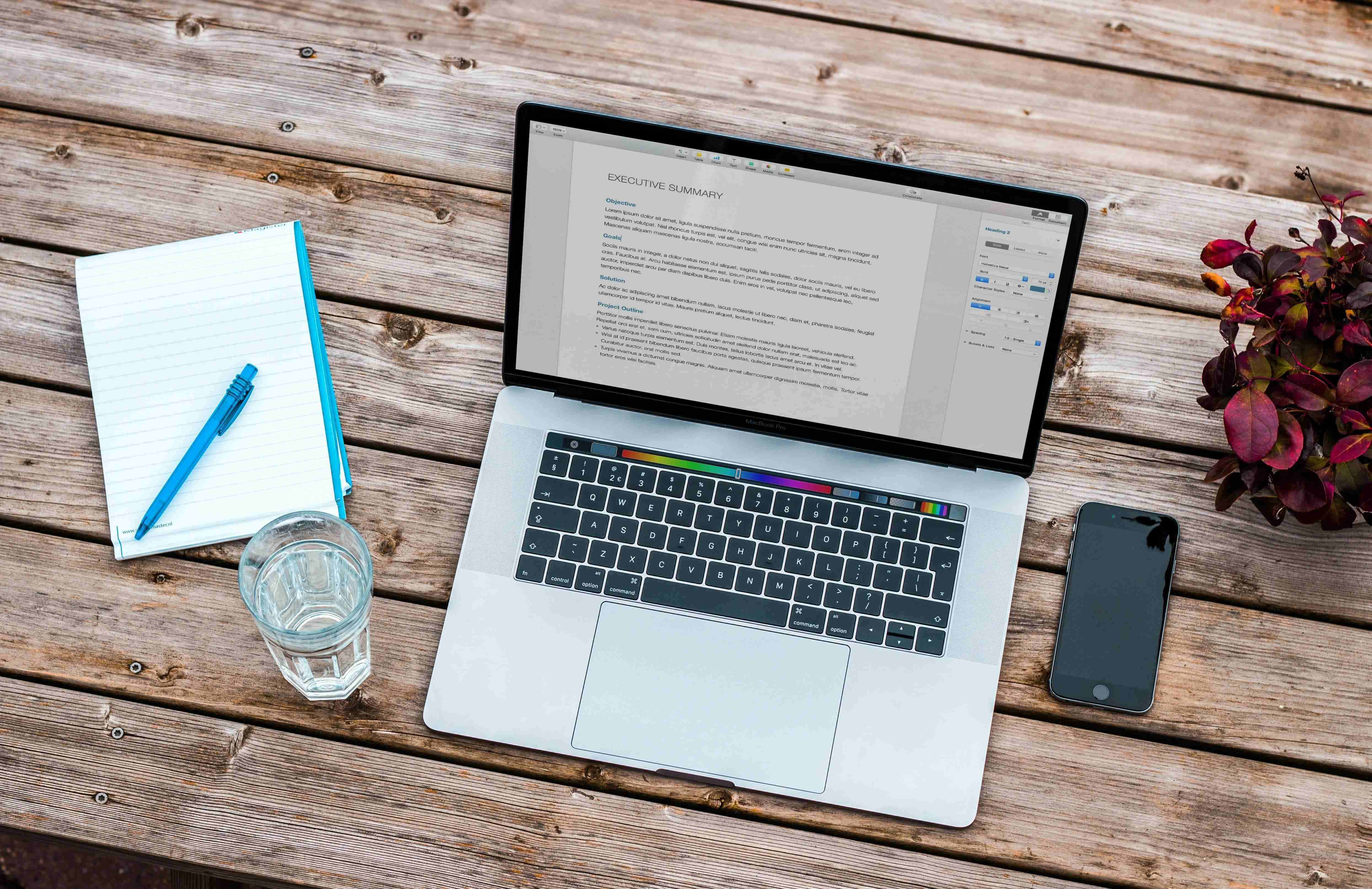
All

The Power and Perils of Social Media: Navigating the Digital Frontier
The Power and Perils of Social Media: Navigating the Digital Frontier
Exploring the Complexities of Freedom of Speech in the Online World
In today's digital age, social media platforms have become the primary means of communication, information sharing, and expression for millions of people worldwide. While these platforms offer unprecedented opportunities for individuals to exercise their freedom of speech, they also present unique challenges and complexities. In this blog post, we will delve into the intricate relationship between social media and freedom of speech, examining the impact of online platforms on our ability to express ourselves and the potential consequences that arise from this digital frontier.
Section 1: The Expansive Reach of Social Media
Social media platforms have revolutionized the way we communicate, connecting individuals across geographical boundaries and enabling real-time interactions. With billions of active users, platforms like Facebook, Twitter, and Instagram have become virtual town squares, where ideas, opinions, and experiences are shared on a massive scale. This unprecedented reach has amplified the voices of marginalized communities, allowing them to challenge prevailing narratives, mobilize social movements, and demand accountability.
Section 2: The Balancing Act: Moderation and Censorship
As social media platforms have gained prominence, they have also faced scrutiny regarding their role in moderating content. The challenge lies in striking a delicate balance between respecting freedom of speech and safeguarding against harmful and illegal content. Platforms have implemented community guidelines and content moderation policies to mitigate the spread of hate speech, misinformation, and harassment. However, this task is not without controversy, as concerns about censorship and the suppression of dissenting voices arise.
According to the Electronic Frontier Foundation, "Platforms have an obligation to moderate content in a way that respects users' rights, promotes inclusivity, and keeps their platforms safe. However, this should be done with transparency, accountability, and a commitment to protecting freedom of expression."
Section 3: The Impact on Political Discourse
Social media's influence on political discourse cannot be overstated. It has provided a platform for political candidates, activists, and citizens to engage in discussions, share information, and shape public opinion. However, the rapid spread of misinformation, echo chambers, and the manipulation of algorithms have also fueled polarization and the erosion of trust in traditional media. Navigating the digital frontier requires critical thinking, media literacy, and a discerning eye to separate fact from fiction.
Section 4: The Dark Side: Online Harassment and Threats
While social media has empowered many, it has also given rise to a darker side of the digital frontier. Online harassment, cyberbullying, and threats have become prevalent issues, affecting individuals from all walks of life. The relative anonymity of online platforms can embolden individuals to engage in harmful behavior, leading to psychological distress and silencing of voices. Addressing this challenge requires collective efforts from platforms, users, and society as a whole.
Social media has undeniably transformed the way we exercise our freedom of speech, allowing us to connect, express, and engage on a global scale. However, it is crucial to navigate this digital frontier mindfully, understanding the complexities and challenges that arise. Platforms must strive to strike a balance between moderation and censorship, while users must approach online interactions with empathy, respect, and critical thinking. By recognizing the power and perils of social media, we can harness its potential for positive change and foster a more inclusive and informed digital society.
Related Posts
© 2025 Invastor. All Rights Reserved

User Comments